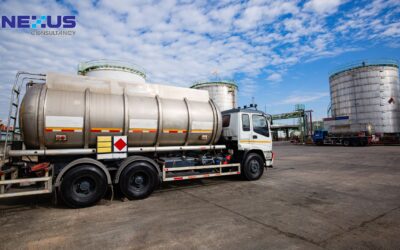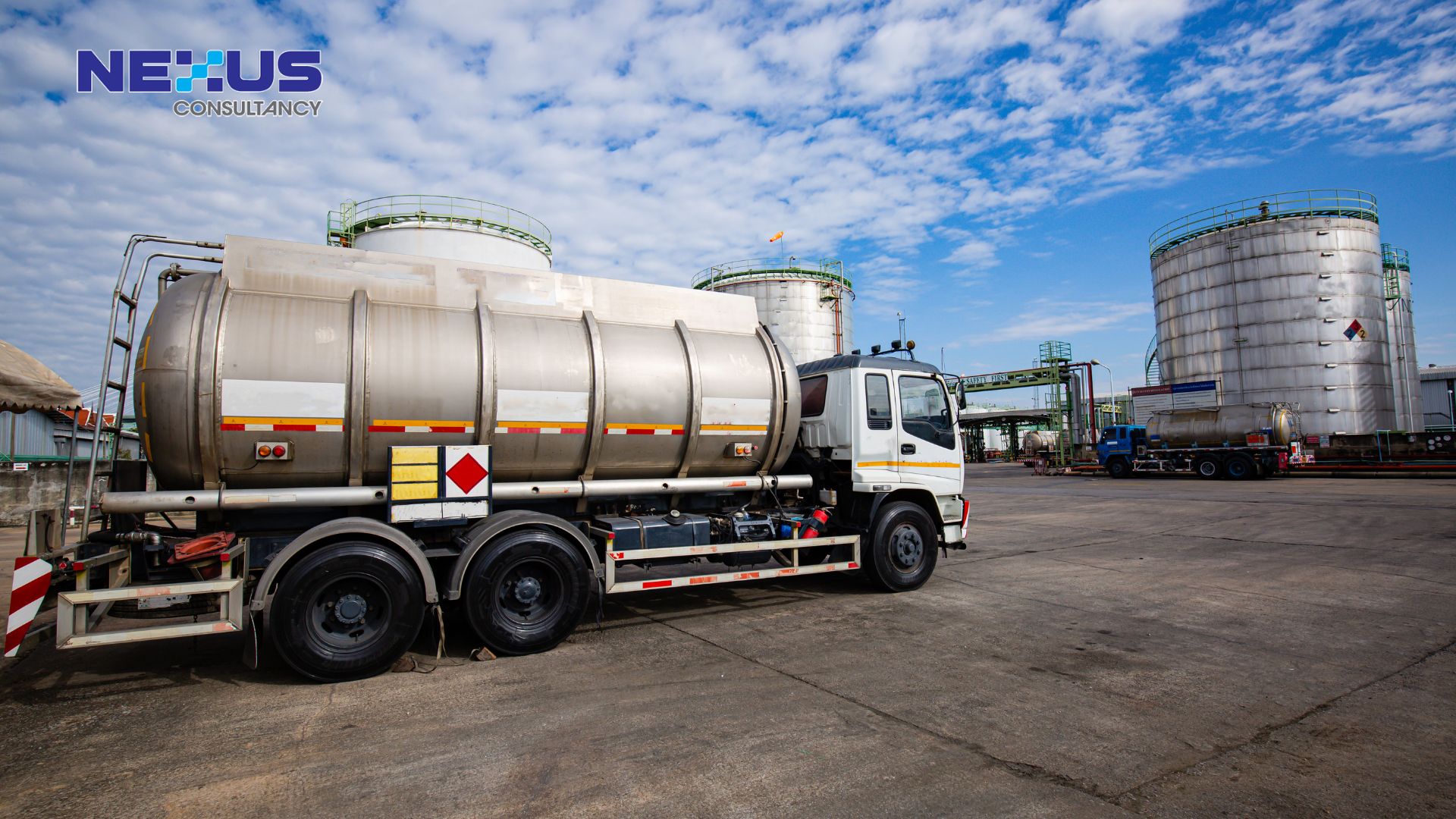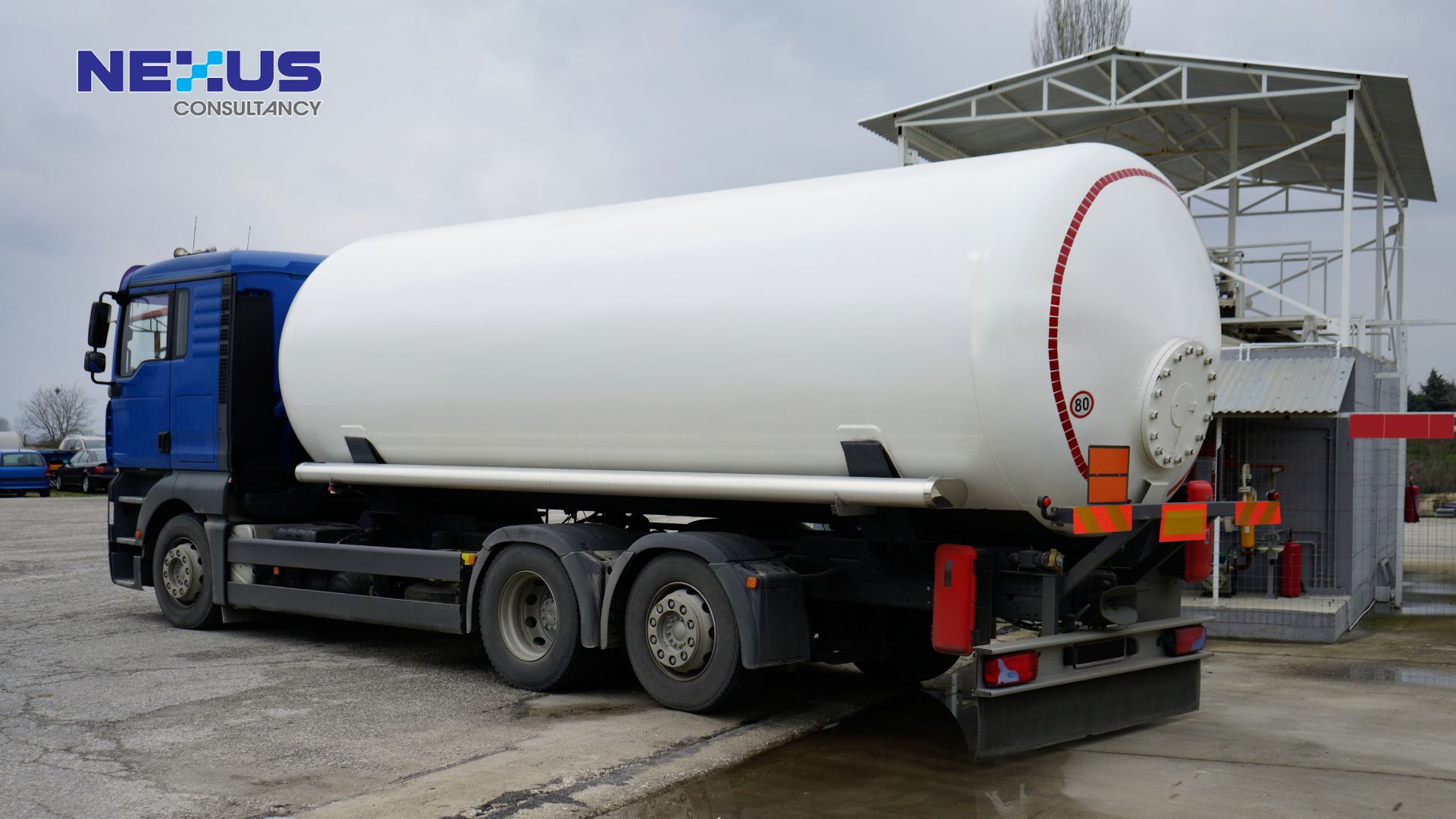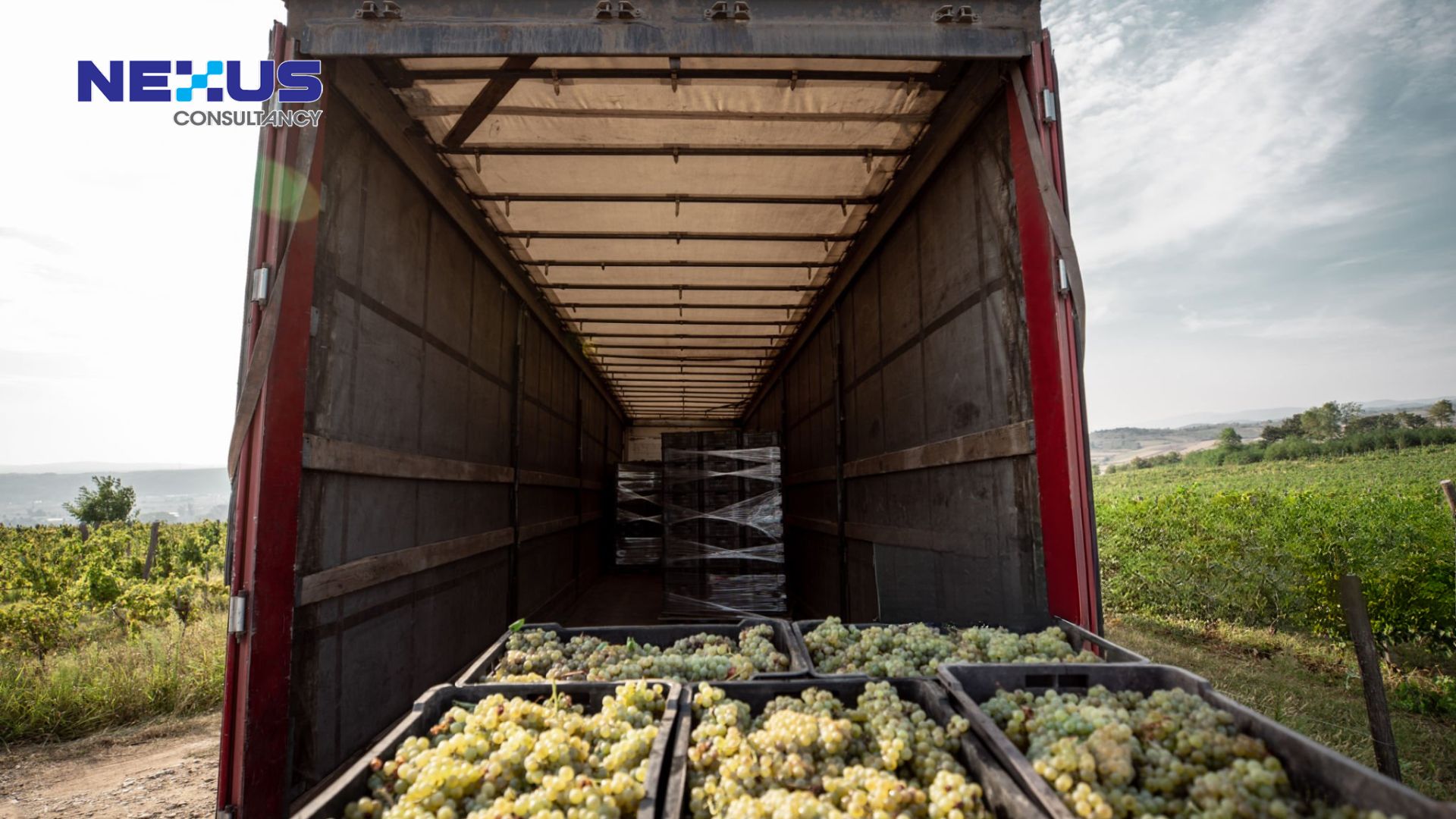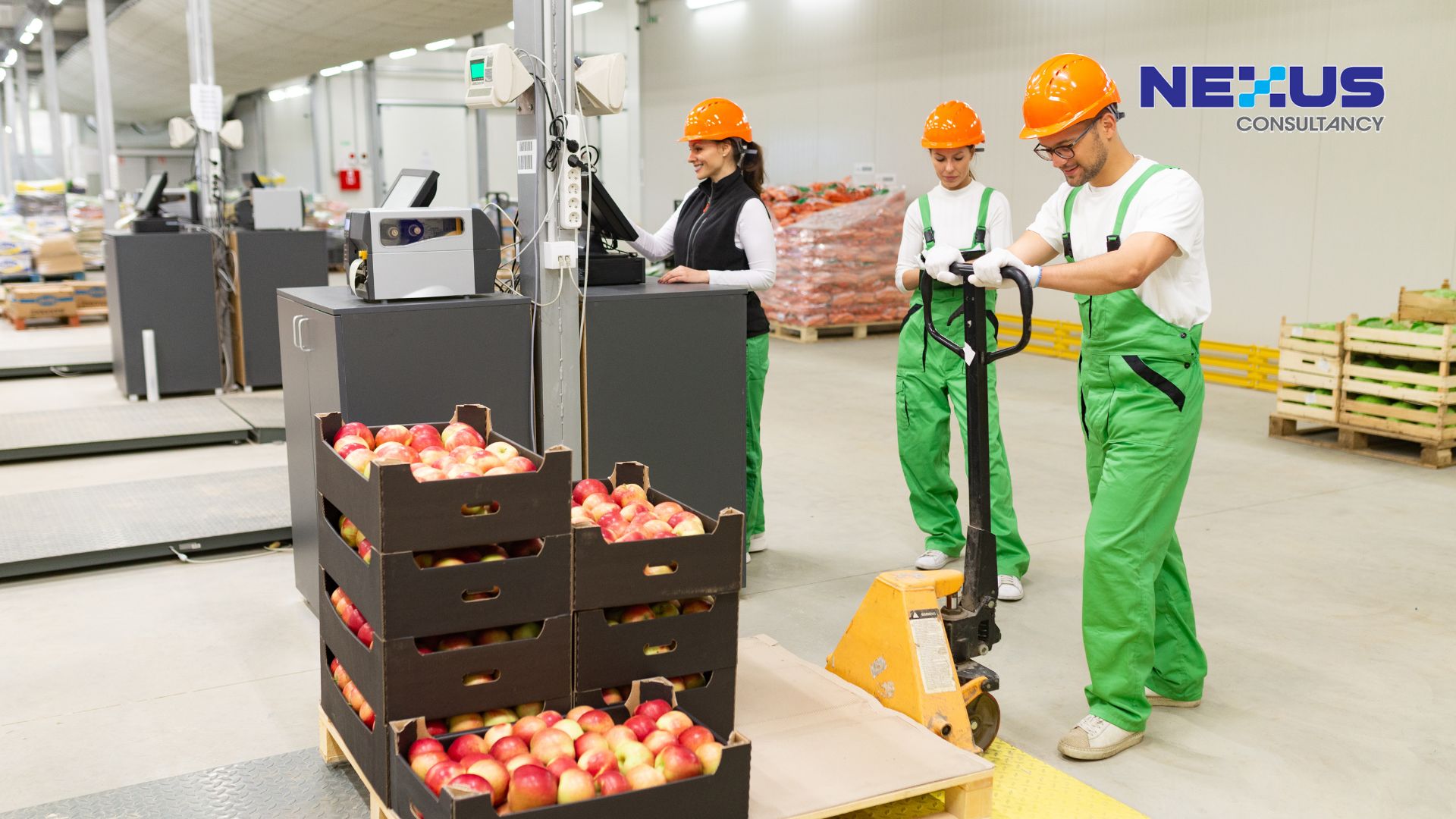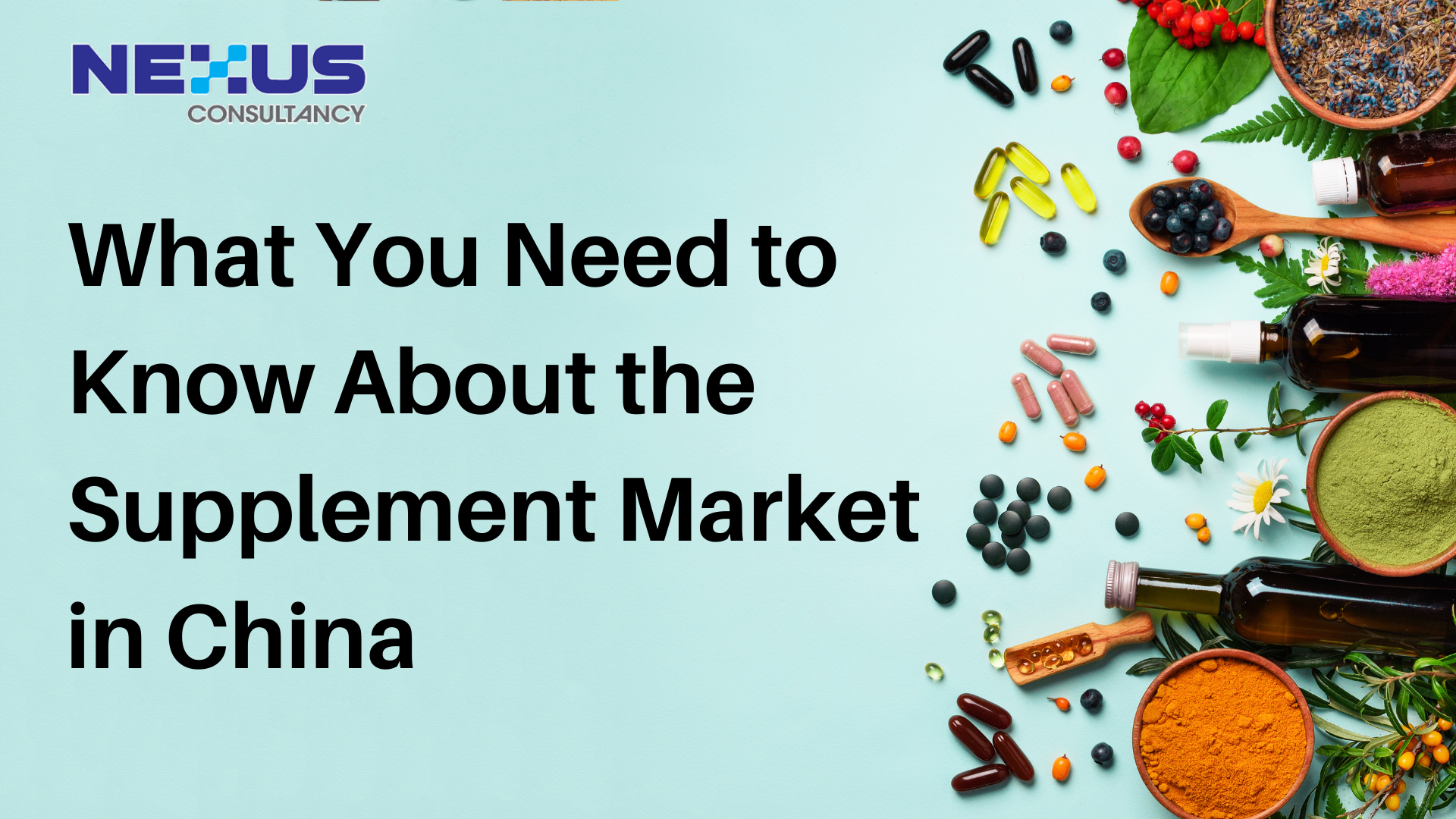
Healthy living has become a priority for the majority of Chinese people, particularly millennials. In fact, Chinese culture has long emphasized the importance of maintaining a healthy lifestyle. Chinese people are also more likely to spend more on vitamins and health supplements as their purchasing power grows.
By 2020, the market of vitamin and dietary supplements in China has reached CNY149 billion (US$22.3 billion), with a CAGR of 6.4% in the 2015-2020 period. This is why it has created a huge opportunity for health supplements’ brands and international brands to use their reputation, quality, and branding to target and attract consumers.
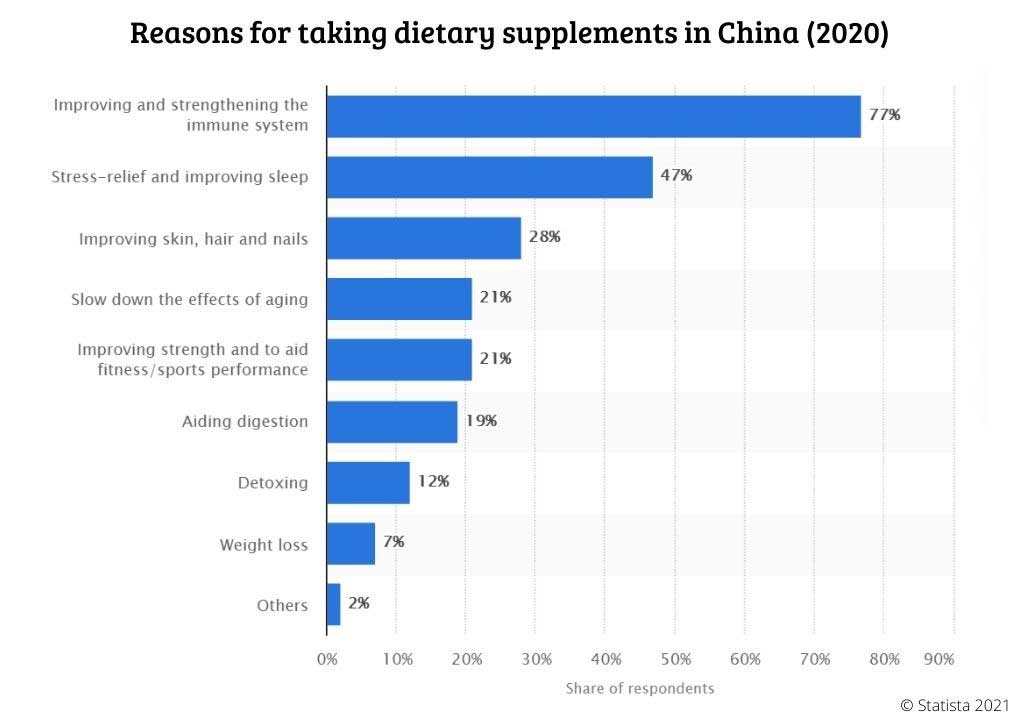
According to a survey conducted by Rakuten Insight in July 2020, around 77% of respondents living in Mainland China said they took dietary supplements to improve and strengthen their immune system. Only 7% of them took supplements for weight loss.
What drives the market of health supplements?
The size of the vitamin and health supplement market has shown an upward trend, owing to rising consumer awareness of health and sanitation issues in China. Vitamins C, E, and A, for example, are the most commonly heard vitamin supplements.
It’s also interesting to note that the Covid-19 pandemic resulted in a massive increase in demand for vitamins and health supplements, boosting sales of vitamins and supplements.
Following this trend, businesses should take the opportunity to expand their operations in China and capitalize on the long-term health supplement demand.
How to market your vitamins and health supplements in China?
Comply with Chinese regulations
You must follow the country’s regulations, just as you would in any other country. In fact, if you want to import your vitamins and health supplements in China, you must understand the exporting process well in advance before you ship your goods. Problems, or even rejection, at the customs can be highly costly.
If you want to know more about exporting health supplements to China, we highly recommend you to participate our upcoming webinar with CAIQTest Malaysia ” ( 小蓝帽)” webinar!
In this webinar, we will share with you the beauty and health food development and its’ market application in China and how to get your Blue Cap! Click the button and register now!
: ( 小蓝帽)
: / /
: : – :
:
:
More Article
Decoding GHG Standards: ISO 14064, GHG Protocol, and Beyond
Chief Operating OfficerExplore the key differences and applications of GHG standards like ISO 14064 and the GHG Protocol. Learn how they guide carbon accounting, reporting, and climate action for businesses.As businesses increasingly embrace sustainability, greenhouse...
GHG Emissions: Scope 1, 2, and 3 Explained
Chief Operating OfficerLearn about GHG emissions: Scope 1 (direct emissions), Scope 2 (indirect emissions from energy), and Scope 3 (value chain emissions). Understand their impact and how businesses measure and reduce them.Greenhouse gas (GHG) emissions are a...
Understanding GHG Reporting: Why It Matters for Your Business
Chief Operating OfficerLearn how tracking greenhouse gas emissions can drive sustainability, enhance compliance, and unlock growth opportunities.In an era of heightened environmental awareness, greenhouse gas (GHG) reporting has emerged as a critical tool for...
ISO 22000:2018 and Its Impact on Transport Tank Cleaning Standards
Chief Operating OfficerDiscover how ISO 22000:2018 enhances transport tank cleaning standards, ensuring food safety, compliance, and contamination prevention throughout the supply chain.As the global food supply chain grows increasingly complex, maintaining rigorous...



